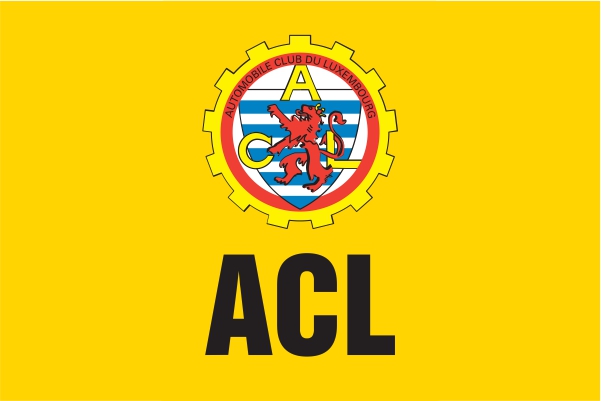
On Friday 10 June 2022, the Automobile Club of Luxembourg (ACL) announced that the ban on new fossil-fuel cars from 2035 is a risky bet on part of the European authorities.
For its part, ACL is ready to support users around the generalisation of new electric vehicles desired from 2035 in Europe, as the European members of parliament voted on Wednesday 8 June 2022 to end sales of new fossil-fuel and hybrid cars from 2035.
In fact, only cars and vans that do not emit CO2 at the exhaust (battery-electric and hydrogen-powered, for example) will be authorised on the new market in Europe. According to ACL, it is certainly a flagship measure but also a risky bias.
ACL noted that without even mentioning the financial possibility for Europeans - individuals and professionals alike - to equip themselves massively with electric vehicles, the capacities of the electricity networks will have to be reinforced, the public charging infrastructures will have to follow as well as the supply of "green" electricity whose production is carbon neutral.
Unanswered questions
ACL clarified that the only renewable sources available now are hydraulic, solar, wind, geothermal or tidal. Due to the intermittency of these energies, it will inevitably be necessary to use energy storage methods. However, at present, the Luxembourg network operator CREOS considers that they are not responsible for these storage facilities. Beyond the power limits, the availability of the connection infrastructure is of crucial importance, in particular for the recharging of vehicle fleets.
ACL further questioned: How to calculate today the power needed for a car fleet that does not yet exist? Which charging stations to choose: slow, accelerated, fast, smart? How to deal with battery fires which are particularly difficult to circumscribe?
While battery electric propulsion has many virtues, it cannot meet all mobility and transport needs, ACL underlined. Transport by van with deadlines to meet (transport of medicines, delivery of parcels, etc.) cannot operate with the imposed recharging times. Similarly, fleets of vehicles that must run 24x7 require adjustments at the risk of having to duplicate the fleet to maintain continuity of services.
Accompany, advise and reassure users
Investing in appropriate carbon-neutral sectors such as hydrogen, synthetic fuel (eFuel) as well as biofuel would make it possible to extend thermal engines to ensure the transition to all-electric in a serene and perfectly planned manner. For ACL, the transition to planet-friendly mobility is inevitable, but it necessarily involves a medium and long-term strategy. The decarbonisation of our mobility cannot be reduced to a single solution such as battery-electric propulsion. We must create a legal framework so that alternative energies can also emerge.
ACL argued that even if it seems more urgent than ever to get Luxembourg and Europe out of fossil fuels, the Member States must not repeat the same mistakes and trade one dependency for another. Especially since electric vehicles require specific raw materials such as lithium, while according to the International Energy Agency, the needs for this rare metal could increase by six-times by 2030.
ACL announced that it will step up the pace of its public information sessions on electromobility in the coming weeks and months. “Our experts are already putting all their know-how at the service of the public to provide informed advice on how to get around tomorrow and will continue their approach in the right direction. ACL offers realistic, practical and affordable mobility solutions while providing assistance and insurance services to guarantee the individual mobility of everyone,” concluded ACL Director Jean-Claude Juchem.








